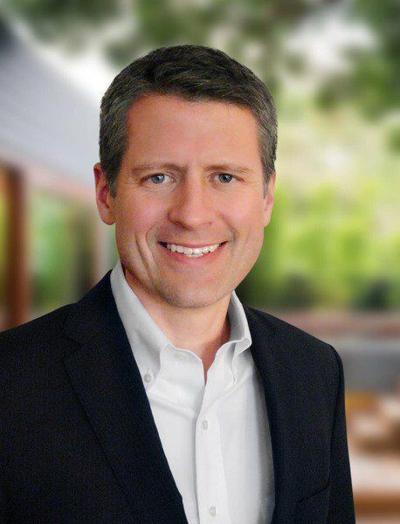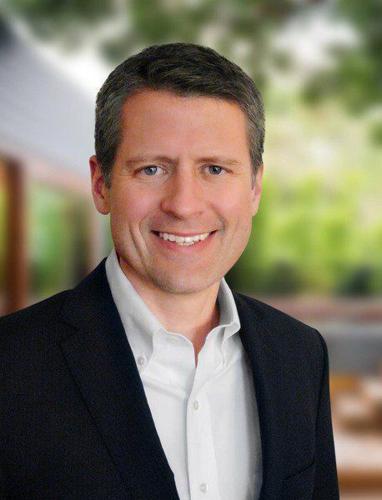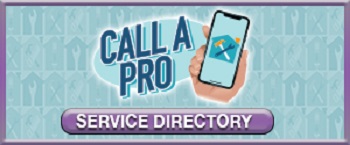“You can’t call something a distraction unless you know what it distracted you from.” – Nir Eyal, author of “Indistractable”
When I heard about Nir Eyal’s latest book, “Indistractable,” I wanted to read it but decided I had more pressing books on my Audible list. Besides, I recently did an entire series on productivity and figured my time would be best spent implementing what I learned rather than learning more. More doing, less learning – something I’m working on.
But I saw a LinkedIn article by Eyal about being a schedule builder and decided to read it while my lovely wife was taking a turn driving us to the mountains recently.
Now I want to read his book! Eyal has some great insights on the problems with running your life via to-do lists versus your calendar. Below are Eyal’s insights (with some of mine added in) on why we should plan our days using our calendar rather than a to-do list.
Most of us have used or currently use a to-do list. It is a running register of everything we need to get done. If we are really on top of our game, our list is in one place and not on multiple scraps of paper and sticky notes around our workspace or home.
To-do lists do a great job of helping us get our action items out of our heads and on paper. That is the perfect first step for a productive life. We are terrible at creative thinking when we are trying to keep track of all of our tasks in our heads. But there are some big downsides to to-do lists, like:
– We never get all the tasks done. This leads to stress.
– They provide us a constant source of “distractions” that can keep us from our most important work. “I’ll work on that very important project or make that sales call as soon as I (clean my office, reorganize my filing system, clean my e-mail inbox, etc.).
– They hurt our self-image. Behavior change requires identity change. We will not do the work required to become an athlete if we don’t believe we are or can become an athlete. Constantly failing to get to the bottom of our to-lists can result in labeling ourselves as procrastinators, bad time managers, couch potatoes or worse.
The negative self-image caused by never getting all of our stuff done can cause us to give up. We say, “I’ll get to that tomorrow,” and the most important work never gets done.
Eyal defines distraction as “any action that moves us away from what we really want” and traction as “actions that move us towards what we really want.”
Productivity starts with having the end in mind. More sales, meeting a deadline, being a present father or losing 10 pounds. Once we know the destination, we can map a course to it. We must have that map to know if what we are doing is a “distraction” or “traction.”
To get more traction in our lives, we must be intentional with how we spend our most precious resources – our time and energy. We can be intentional in our eating habits through meal planning. Meal planning allows us to “pre-make” good decisions when we have the will power to make them.
Like meal planning, schedule building allows us to be intentional. Schedule building allows us to “pre-make” good decisions based on our life goals and avoid distractions. Our brains love instant gratification. We can get those quick hits from social media, food or checking our inboxes.
Our brains must be trained to do the hard (less fun) work that leads to the outcomes we want. We do this by intentionally allocating our time and energy to get “traction” on the things that matter most to us.
Then we must stay focused on the task at hand. If it is time to be with our families, we need to be there in body and mind. If it is time to work on that big project or make sales calls, we need to do it without distraction. We can stay focused because we have scheduled time to do the other things that could be a distraction.
Do I need to check email? Nope. I have 30 minutes scheduled for that later in the day. Do I need to check the weather? Nope. I have scheduled 30 minutes of free “browsing” time while I eat lunch. Social media? Nope. If the activity creates traction towards my long-term goals, then it has a place on my calendar. If the activity is a distraction it doesn’t make it on the calendar.
These decisions are easy to make ahead of time, but brutally hard in the moment. Why does looking at the weather become so critically important to me when I’ve got hard work to do? I have no idea, but my brain is screaming for that distraction in the moment.
A schedule allows us to live an intentional life based on what we want to accomplish and who we want to become. If we stick to our schedule, we know we are making progress toward the life we want. When we are doing things not on our schedule, we are distracted or an emergency came up.
Ready to give the scheduled life a try? Here’s how to do it.
1. Start with the end in mind. Finances, work, health, family and friends. What are the outcomes you want? What are the actions you need to take to produce those outcomes? How much time do you need to put on your calendar to take those actions?
2. Block the time on your calendar. All of it. Sleep, showering, eating, commuting, everything. Can’t find enough time on your calendar? Good. Now you get to prioritize. We can’t do it all. Living an intentional life requires trade-offs. Oh, how I hate this part! Know that making these hard decisions now is way better than regret later.
3. Do. When your schedule tells you to focus, focus. Avoid distractions. Be present. Be careful about transition time between tasks. I love to get distracted right after I get a big task done. Stick to your schedule. Go to the next scheduled task. Schedule in your distraction time as a reward for a day well spent.
4. Rinse and repeat. We all have 168 hours in a week. That is a lot of time to get a lot of great stuff done. Our days will never go like we plan, but by intentionally living by a schedule we can increase our odds of creating the life we want.
We love helping leaders build great businesses. If you’d like to learn more you can check out our free resources at www.valuesdrivenresults.com/resource-library/ or give us a call at (229) 244-1559. We’d love to help you in any way we can.
Curt Fowler is president of Fowler & Company and director at Fowler, Holley, Rambo & Stalvey. He is dedicated to helping leaders build great organizations and better lives for themselves and the people they lead.
Curt is a syndicated business writer, keynote speaker and business advisor. He has an MBA in strategy and entrepreneurship from the Kellogg School, is a CPA, and a pretty good guy as defined by his wife and four children.





Commented
Sorry, there are no recent results for popular commented articles.